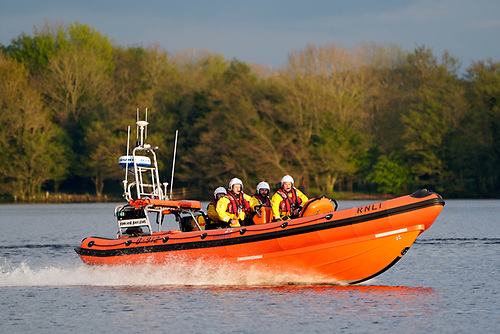Displaying items by tag: 2023
In 2023, taking all ESPO board meetings and technical committees together, women represented 41% of the port professionals participating in the meetings. This is a slightly higher level compared to the share of women participating in 2022, which was 38%.
Ever since ESPO started monitoring the gender balance of its internal meetings in 2018, the share of female participants has been increasing, including during the last year.
The Executive Committee, which is the policy-making body of the organisation, saw an attendance of 34% women on average in 2023. This is the same figure as in 2022. The General Assembly saw a slight increase in female participation in 2023, with 37% female participants.
A closer look into the results of the different technical committees reveals that several ESPO committees have seen an increase in the share of women attending the meetings in 2023 compared to the previous year.
The level of female participation is the highest in the Sustainable Development Committee, where 6 on 10 participants were female in 2023 (61%). Last year, more than half of the participants of ESPO’s Cruise and Ferry Port Network (54%) were women. The Economic Analysis and Statistics Committee had 40% female participation in 2023 which is an increase compared to 2022 (30%). Last year, more than one third of participants (38%) in the Trade Facilitation, Customs and Security, and Marine Affairs Committees were women. With this score the committee is doubling its female participation - in 2022 only 19% were women - and bringing it to the level of the other committees.
The Blue Growth and Energy Committee lost in 2023 its gender balance. This committee performed better in 2022 with 51% of meeting participants being women. However, with a female participation of 41% it is still scoring quite well. Also, the Governance and Management Committee scored slightly lower in 2023 with 33% female representation. The Intermodal, Logistics & Industry Committee saw a decrease in women participation from 37% in 2022 to 32% in 2023.
Looking at the ESPO secretariat, since 2023, 7 on the 9 people working at the European Port House are women. The secretariat is also led by a woman, Isabelle Ryckbost, since 2013. Out of the nine technical ESPO committees and networks, three are currently chaired by women.
“Ports in Europe are currently very active as partners in Europe’s energy and green transition. It is interesting to see that the committees which are dealing with these important issues score very well as regards female participation. It is also important to note that the share of women participating in the General Assembly and ESPO Board meetings is remaining stable, if not increasing slightly.” says ESPO’s Chair Zeno D’Agostino.
Since 2018, ESPO has been monitoring the gender balance through the effective attendance of port professionals to the different meetings of the organisation. The results of this monitoring are published each year on the occasion of the International Women’s Day. ESPO is also one of the founding members of the European Commission’s initiative “Women in Transport – EU Platform for change”, launched in 2017.




























































